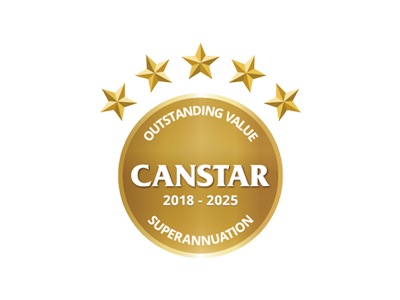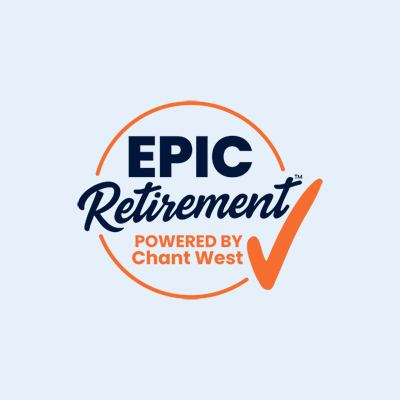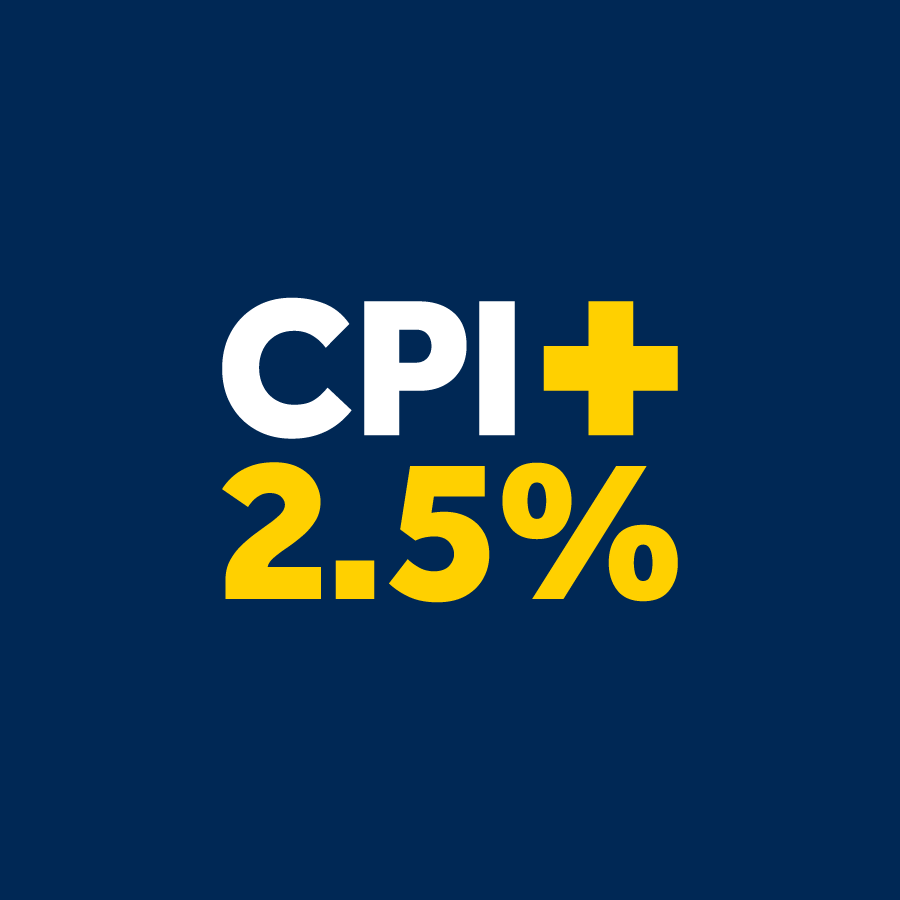Learn more about a Hostplus Transition to Retirement account in our detailed guides.
access
your super
For most working Australians, superannuation is a compulsory, long-term investment designed to provide you with savings for your retirement. Once your money is in the super system, your super fund will invest your money with the aim of growing your retirement nest egg until you’re able to access it.

When can you
Access your super?
Because your super is a way to save for retirement, there are certain rules around when you can access it.
If you’re 65 or over
You can access your super without restrictions, even if you’re still working.
If you’re 60 to 64
You can access your super if:
- you’re permanently retired
- you stop working with an employer after you turn 60.
If you’re not ready to fully retire, you can still use some of your super by opening a Hostplus Transition to Retirement (TTR) account once you reach age 60.
If you’re under 60
You can access your super if you’ve reached a condition of release.
If you haven’t met a condition of release, you can only access your super if you meet one of the conditions for early access, such as severe financial hardship, compassionate grounds, or total and permanent disability.
How do you access your super?
Once you’re eligible to access your super, you can draw on your retirement savings through:
- an income stream, such as a Hostplus Pension account or a Hostplus Transition to Retirement account
- a lump sum payment. Apply for this through Member Online
- a combination of the above.
If you're a defined benefit member and want to access your super early, please contact us.
Need help? Contact our specialised pension team.

Retire
with confidence
Whether you’re fully retired or you’re close to it, a Hostplus Retirement account can help you make the most of your super savings by providing you with a regular income.

What’s a Transition to Retirement (TTR) account?
A TTR account lets you receive regular payments from your super (up to a maximum of 10% of your balance each year) while you’re still working. The benefits? You can cut back your working hours to spend more time doing the things you love, without cutting back your income. Or, if you’d prefer, you can keep working and make extra contributions to give your super a boost. It’s our way of making the move into retirement as seamless as possible.
What’s a Pension account?
A Pension account turns your super into a regular income. You can move funds from your Hostplus super account or roll over a benefit from another super fund. As your money stays invested, you enjoy the benefits of tax-free investment returns and flexible access to your retirement savings.
You decide how much income you’d like to receive and how often, as well as where your money’s invested (as long as you withdraw the minimum limit set by the Federal Government - see our Retirement Accounts PDS for details). Any returns from your investments are applied to your account, while outgoing fees and costs and pension payments are deducted.
It’s easy to alter the amount and frequency of your payments, or to change where your funds are invested. And, in most cases, you can withdraw some, or all, of your account in a lump sum at any point through Member Online.
Your retirement, your choice
Everyone’s situation is different. It’s why a Hostplus Retirement account gives you control over your investments.
When you open a Hostplus Retirement account, your funds are automatically invested in our default Cash option. But you can choose the investment options that best suit your situation and needs.

Make an
informed choice
Get ready for a positive future with a Hostplus retirement account
It takes about 20 minutes to apply for a Hostplus retirement account online, or you can call us on 1300 348 546 to discuss your options.

Make the most of your investments
The right advice can be priceless. If you want to understand the investment options that can help you meet your goals, it might be time to speak to an expert. Our specialist financial planners are here to help – so you can plan for a future full of good stuff.
Have a question
about accessing
your super?
If you’re over 60 but under 65, you can start accessing your super once you’ve stopped working for an employer. You can then return to work whenever you like. If you have more than one job, you only need to stop working at one of them to satisfy a condition of release.
If you’re over 65, you can access your super regardless of whether you’re fully retired or still working.
- reach age 60 and commence a transition to retirement pension or retire (i.e. cease gainful employment* and do not intend to become gainfully employed* for 10 hours or more per week in the future)
- you have changed employers since turning age 60
- reach age 65 (even if you haven't retired)
- have been deemed totally and permanently disabled (subject to trustee approval)
- meet another condition of release (visit the ATO website for more information).
*"gainful employment" or "gainfully employed" means employed or self-employed for gain or reward in any business, trade, profession, vocation, calling, occupation or employment.
If you’re over age 60, you will receive all your pension payments and lump sum withdrawals tax free and won’t even need to report them on your tax return. If you’re under age 60, some or all of your pension payment will be taxed like other income, with some offsets applied, so you will need to report the payments on your tax return. Your lump-sum withdrawals may also be taxable. It’s important that you refer to the Hostplus Retirement Accounts PDS for more information.
If you’re over age 60, you will receive all your pension payments tax free and won’t need to report them on your tax return. If you’re under age 60, some or all of your pension payment will be taxed like other income, with some offsets applied, so you will need to report the payments on your tax return. Please refer to the Hostplus Retirement Accounts PDS for more information.
Unless you have met a condition of release, your TTR account is in the taxed environment until you reach the age of 65. This means investment earnings are taxed at 15% (unless you have retired and advised us that you have done so). There is no limit on the amount of money you can have in your TTR account while it is in this taxed environment.
After 65 years of age, your TTR account is automatically in the tax-free environment. This means that investment earnings are tax-free and the transfer balance cap is triggered. The transfer balance cap limits how much money you can have in the tax-free environment.
The Government Age Pension is dependent on several elements such as your income and assets. These are assessed each year and/or when there is a change in your circumstances.
If you’re intending to claim the Government Age Pension as well as setting up a Hostplus Pension account, chat to one of our financial planners about your goals.







